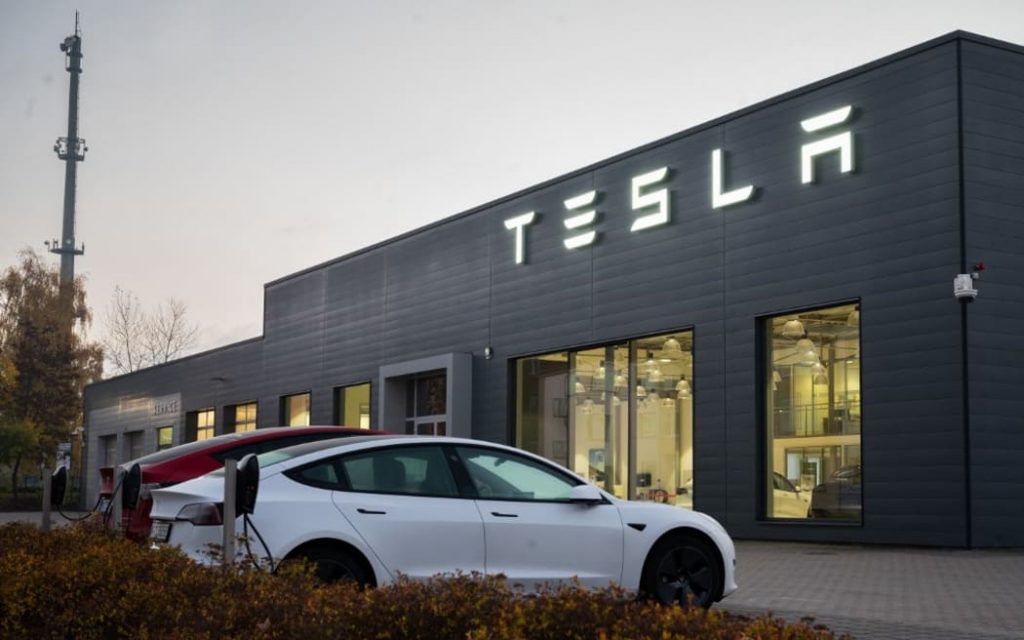The object of this short article is not to argue the benefits or drawbacks of Electric vehicles, simply to address some of the myths.
The Electric Car is relatively recent consequently they are newsworthy and still relatively unknown to a large proportion of the public.
I am sure EVs are fundamentally safe, but the most notable issue is when there is a fire, it is likely to be a significant fire.
In case of fire, Lithium batteries burn hotter due to thermal runaway and burn longer than the internal combustion car, requiring tens of thousands of gallons of water to quench.
A common concern is that while EVs save CO2 on the roads, their manufacture releases considerably more CO2—an ICE vehicle produces 5.6 metric tons of CO2 and an EV, 8.8 metric tons.
But when you look at the vehicle lifetime comparisons, an ICE emits 24 metric tons, an EV 19 tons and a hybrid 21 metric tons.
Currently, the building of lithium batteries is highly water intensive with the possibility pollution, and the batteries cannot be recycled easily.
A recent comment by our Environment Secretary, George Eustice, indicated that EVs emit more nanoparticles from their brakes and tyres due to additional friction due to the weight of an EV.
However, the regenerative braking system found on EVs reduces the need for friction brakes to be applied as often, therefore reducing particulate matter from brakes.
Undoubtedly there are numerous advantages to embracing EVs, but it’s essential to understand that some of the benefits might have been oversold or misrepresented in specific marketing contexts. Tesla being a prime example.
![]()

